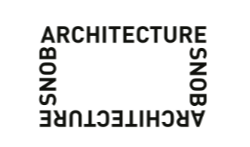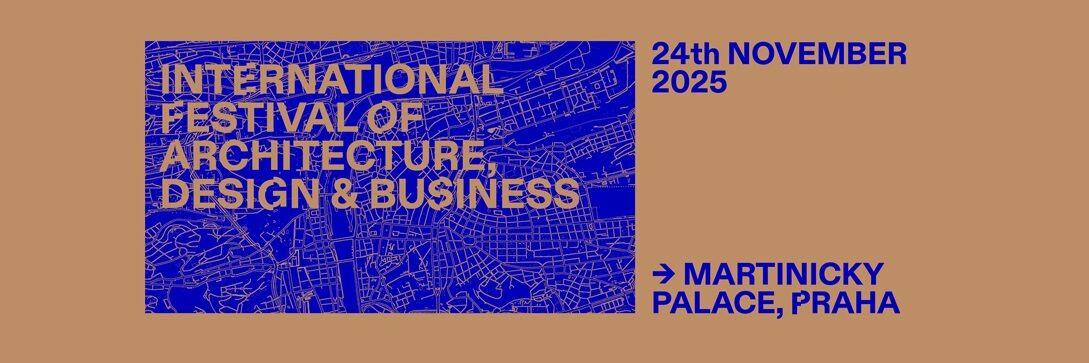Restart — not as a slogan, but as a position
Prague feels different today. Not louder — but more deliberate. The Renaissance walls of Martinický Palace don’t perform or compete with the program; they hold it, anchor it, frame it. And perhaps that is the most accurate description of what happens here today: PULSE Prague 2025 is happening — and it is happening only now. One day, one city, one moment where conversations stop being theoretical and begin to take the shape of responsibility.
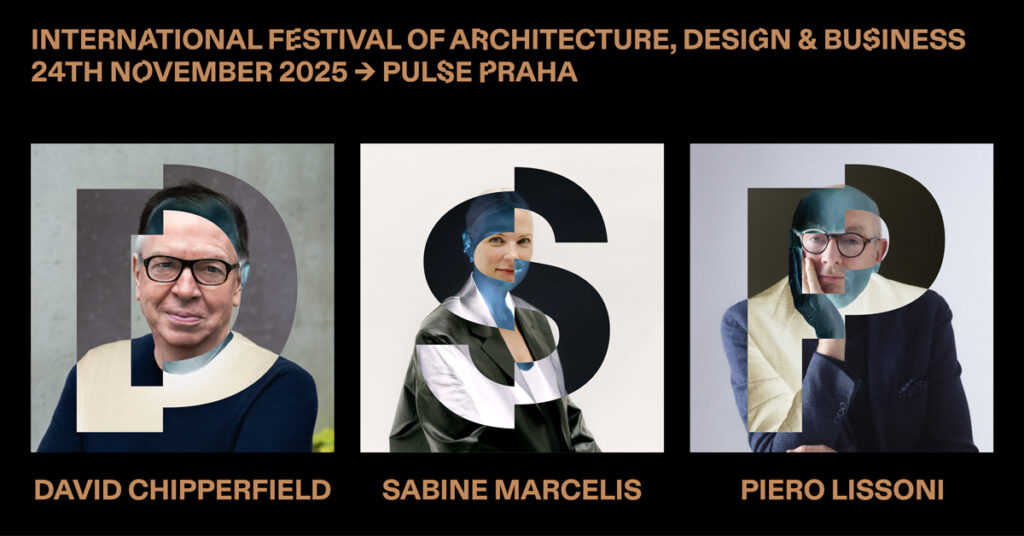
The theme — Business Restart: Time to Adapt — doesn’t arrive as provocation. It arrives as something quietly inevitable. The creative industries no longer operate in a world where inspiration is enough. The context has shifted. Architecture and design — once treated as aesthetic disciplines — now sit inside a landscape shaped by economics, material realities, social change, and the consequences of decision-making. Today, creativity is not a luxury. It is a currency — and a demand. PULSE is not a festival of trends or gestures. It isn’t a catalogue of what is “next” or “current.” Instead, it functions more like a lens sharpened on what matters: process, accountability, long-term value — the quiet but powerful elements that shape how architecture and design operate in real conditions. Conversations unfold simultaneously across two stages — the Main Stage and Forbes Czech — reflecting two dimensions of the same discipline. On one side, the discourse centres on architecture as thinking, as process, as a set of cultural and spatial responsibilities. Here, figures like David Chipperfield, Sabine Marcelis, Piero Lissoni and Piero Gandini speak without spectacle — as if certainty doesn’t need volume.
And in another room, at the same moment, the Forbes stage approaches the discipline from the perspective of economics, development, risk, and negotiation — the less romantic, yet unavoidable infrastructure of design. Together, these parallel conversations shape a single question: how do we design futures that can be built — and sustained?
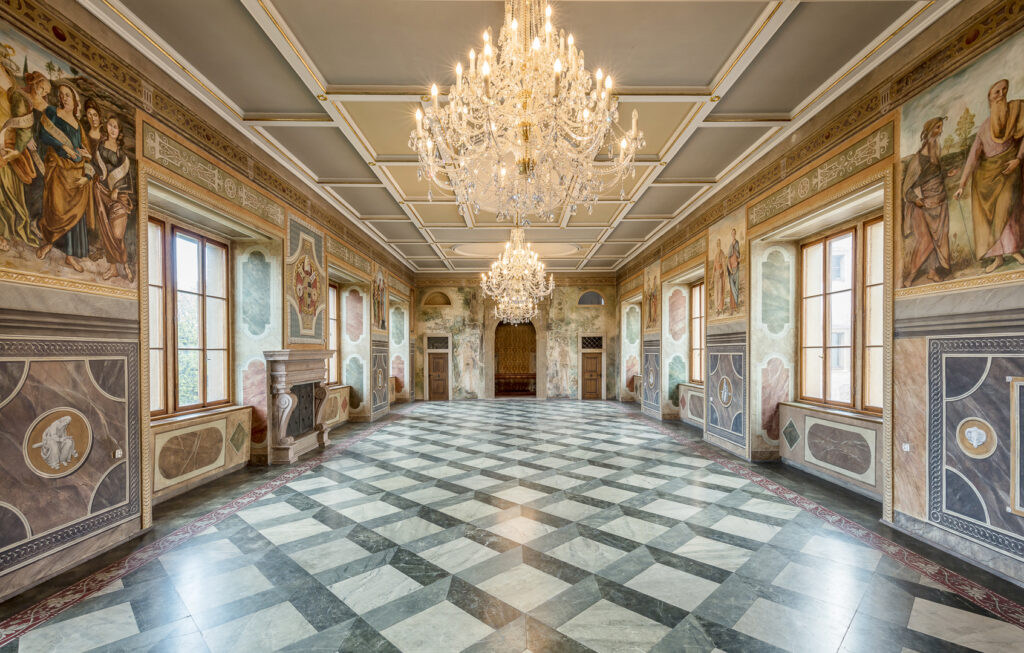
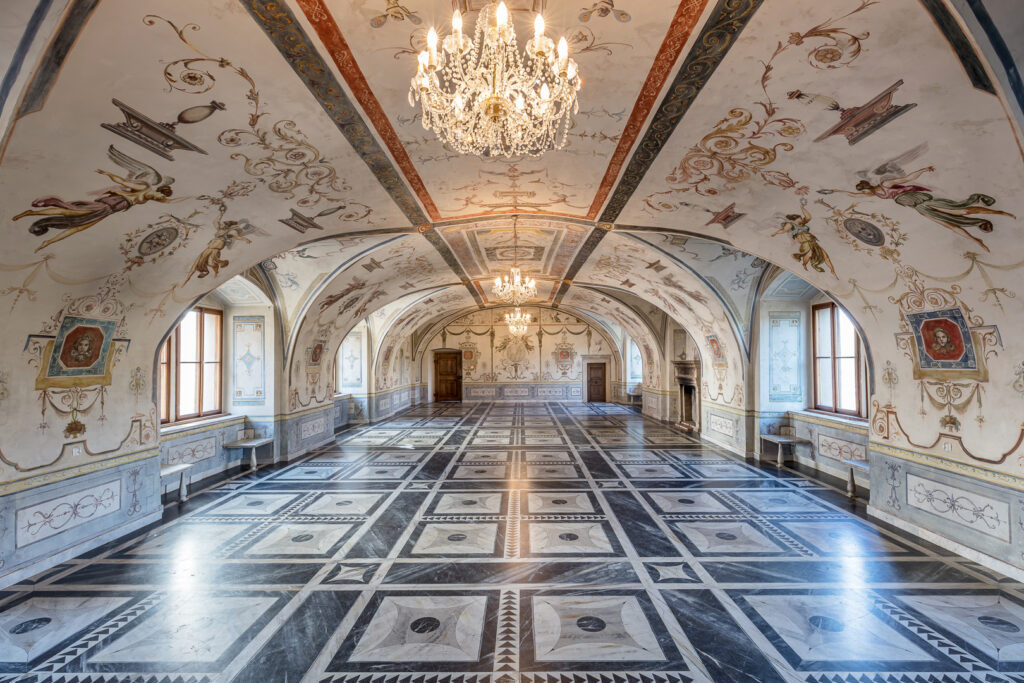
What feels significant today is not only who is here, but how they stand in relation to each other. This year, architects and designers from Central Europe — names like Jan Magasanik, Aleksandra Hyz, Peter Gero, David Karásek, Alan Prekop and Ákos Schreck — are not positioned as regional accents beside global voices. They are part of the same intellectual momentum. There is no narrative of catching up. No explanatory footnotes. No hierarchy of reference. Instead, the discourse feels horizontal — a shared field, not a borrowed stage.
One of the most compelling elements of today’s edition is a quiet one: the IFA Group model exhibition. Six architectural models — all in white, all stripped of narrative and ornament — sit in a room like a series of held breaths. They represent buildings already realised or underway, yet here they reappear at the moment before material weight, negotiation, and the world intervene. In this reduced scale, architecture becomes intention. Proportion replaces spectacle. Decision replaces decoration. It is a reminder that clarity — especially today — can be radical.
Speaking today, I return to a belief that has been forming slowly, over years of watching this field evolve: “Architecture and design are no longer questions of form — they are questions of responsibility. Every choice — from material to business model — is a design decision. And design is no longer a cost. It is capital — cultural, economic, relational.” For the first time, I feel the room respond not with applause — but with recognition.
The intensity of PULSE comes from its structure: one day, no second chance, no slow pacing. The festival exists the way live architecture exists: in real time, with people negotiating ideas in the moment. Tomorrow the stages will disappear, the palace will return to silence, and the program will become memory — but something essential will remain. Not content. Not trend. But awareness. If architecture is the language and design is the syntax, then today adds a missing word — one that feels like the beginning of a new conversation rather than the end of an old one: responsibility. Not as burden. Not as constraint. But as the new foundation of creativity. And here — today — in Prague — that future no longer feels speculative. It feels present.
